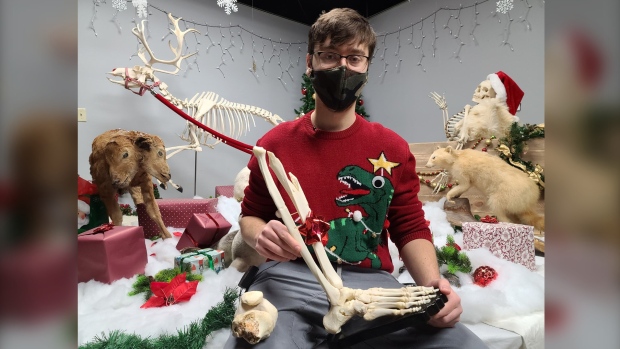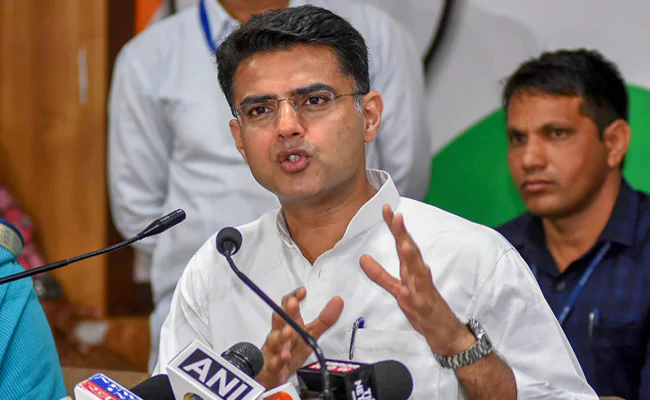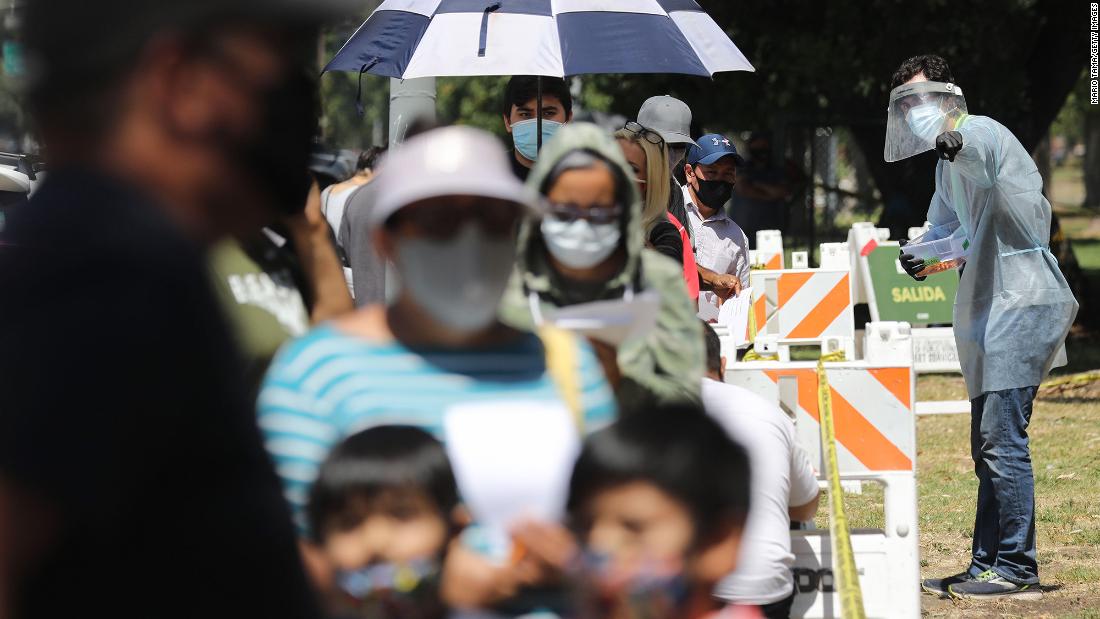TORONTO —
In July, then 24-year-old Justin Fernandes was walking home from work when he was struck by a motorcycle. The impact severed his right leg and sent him to the hospital and subsequently a rehabilitation facility for months.
Now, he has a Christmas gift that would make most people do a double take — the articulated bones of his lost limb, a testament to the struggles he went through in a year unlike any other.
“This was my closure, basically,” Fernandes told CTV News.ca in a phone interview Thursday. “This is how I wanted to grieve.”
But to make his dream a reality took months of coordination, hundreds of emails, dozens of phone calls, and just little bit of internet magic.
After his accident, Fernandes posted a message on an internet page dedicated to taxidermy and made a quip about having his leg treated — and the Prehistoria Natural History Centre (PNHC) in downtown Toronto answered.
PNHC routinely handles animal skeletons for display purposes and also have a business doing pet memorials — which often require putting the bones back together again.
“We didn’t know him when the incident happened…. but through the process we’ve gotten to know each other quite well and he’s kind of become an adopted member of our family here at the museum,” Head Director of the PNHC Ben Lovatt told CTV News.ca in a phone interview.
While some may have balked at the idea of Fernandes’ request, Lovatt and his team embraced his vision wholeheartedly.
“Everyone heals in their own way from a tragic incident,” Lovatt said. “And this incident was a hit and run that left him almost bleeding to death at the side of the road. So he was trying to find some way to have closure, some way to kind of feel whole again, and this was a unique way to do so.”
Lovatt also provided his services for free.
“We actually had heard that he had reached out to a taxidermy studio who quoted him $15,000 to do his leg. Now, for a frame of reference what $15,000 should get you in terms of bone preparation, I would charge that much to take an entire dead whale off of a beach, tear it down to bone and mount it up. So yeah, it was quite an outrageous request for that much money. So for us it seemed like it was a something we could give back,” he explained.
But one does not simply walk out of a hospital with a severed limb, even if it’s your own.
“I had to get a custom waiver to get it released,” Fernandes said. “If you can picture this, I’m just in this hospital, I don’t even have a prosthetic leg at this point, I’m just hopping around, I’m stuck in bed and I’m sending 100 emails and dozens of phone calls all over the place.”
Lovatt also had to prove to the hospital that PNHC was equipped for the job.
“We presented evidence that we could handle this in a safe manner and in effectively a clean room and in terms of the ethics board issues they had, we showed them the work we’ve done in the past…and showed them that our intent was to provide a clean, beautiful piece to help him kind of reconnect and heal from his trauma, as opposed to kind of make a freak show out of it,” Lovatt said.
Once given the go-ahead, Fernandes had to find a funeral home to pick up and handle his leg to transport to PNHC, which he said was a “challenge,” especially in a pandemic.
But eventually it all came together, months after the accident.
“They pick it up, it’s boxed, it’s wrapped up, it’s got biohazard stickers all over – it looks crazy,” Fernandes said.
Once the leg was delivered to PNHC, Lovatt and his team went to work.
PNHC staff brought Fernandes’ leg into their cleaning facility, removed all of the soft tissue and then used peroxide to stabilize and whiten the bones “to make sure the resulting finished product would actually be sterile and safe,” Lovatt said.
Fernandes got to see, and hold, his leg Wednesday after months of agonizing work to make his vision a reality.
“That was the first time I held my entire leg rearticulated — it was unreal,” he said, adding that seeing his leg among all the other bones in the museum was a bit of a reckoning.
“I have to remind myself that, ‘Hey, that’s your leg, you walked on that,’” he said. “It’s hard.”
It was also the first time he was able to see the damage his leg suffered in the accident — all of the shattered and fragmented pieces.
Despite initial pushback from his family, who felt that Fernandes’ decision was “morbid,” he doesn’t regret his choices.
“To me, turning that morbid, sad object that people would just dispose of and forget, I wanted to turn it into art basically, and that’s what I see, when I see it, art. I think it’s beautiful,” Fernandes said.
“You grieve however you feel is the right way to grieve. It’s your loss.”
Fernandes hopes his story provides other amputees inspiration on alternative ways to handle the complex emotions associated with losing a limb, and says this process has given him a way to move forward.
“Two months ago, I couldn’t even walk,” he said. “It takes a lot of willpower but it can be done. This isn’t the end. Your life isn’t over.”
Now, Fernandes said he just needs to figure out his final problem — where does one display their severed leg?

Devoted web advocate. Bacon scholar. Internet lover. Passionate twitteraholic. Unable to type with boxing gloves on. Lifelong beer fanatic.





